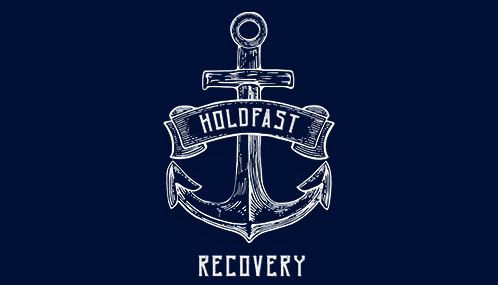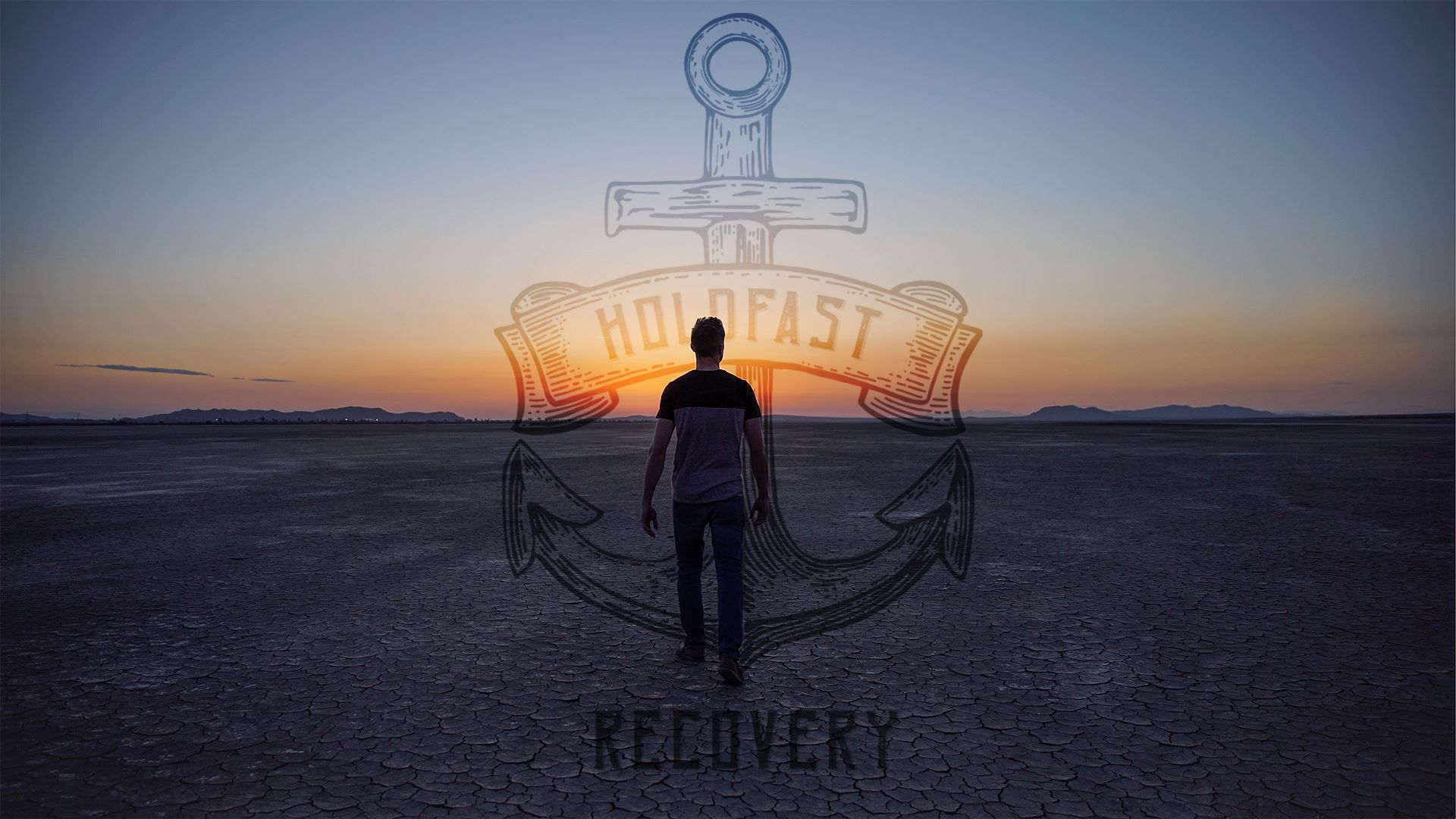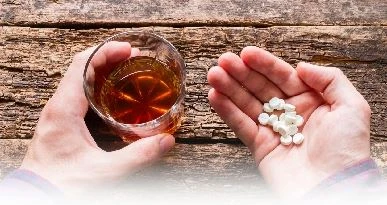
Get Started Today
Holdfast Recovery Wants to Help
Heroin is a powerful type of narcotic, also known as an opioid, that is extremely addicting. Once ingested, it quickly enters the brain where it reduces feelings of pain and produces a “rush” of euphoria. Those who misuse, abuse, or become addicted to heroin typically face a number of negative effects but find themselves unable to stop using the drug without professional help.
Our founder, Brendan McDonough, understands what it takes to break the cycle of dependence and addiction because he has been there himself. At our Prescott heroin rehab center, we provide all of the tools you need for successful healing and long-term sobriety.
Continue reading to learn more about our heroin addiction treatment program, or contact us directly at (928) 378-3599 to speak to one of our professional intake counselors.
No one starts using a drug with the expectation or desire to develop dependence, let alone addiction. Often, heroin use begins as experimentation. It can also occur after an individual is prescribed certain opioid pain relievers, such as Vicodin® or OxyContin®. These prescription medications produce very similar effects to heroin, and the misuse of such drugs can—and frequently does—lead to heroin use.
Often, addiction begins as increased tolerance. This occurs when a person needs more and more of the drug to produce the same feeling of being high. Tolerance often leads to or occurs alongside dependence, which is when a person begins to feel withdrawal symptoms when not using heroin. After dependence comes full-blown addiction, in which a person prioritizes heroin use over other aspects of his or her life and is unable to quit despite the negative consequences.
Heroin is commonly used because of the “high” it produces, or an overall sense of euphoria or pleasure frequently described as a “rush.” However, it also causes a number of negative short- and long-term effects.
Some of the short-term effects of heroin include:
When used over a prolonged period of time, heroin can also lead to:
Additionally, heroin overdose occurs when a person ingests/uses fatal amounts of the drug, leading to slowed or stopped breathing. This, in turn, causes hypoxia, or a severe decrease in the amount of oxygen reaching the brain, which leads to permanent brain damage, nervous system damage, coma, and death.
Call (928) 378-3599 or contact us online to get started on your recovery today.
Recognizing the signs of heroin abuse and addiction can be notoriously difficult, even when you suspect that your own use has gotten out of control. If you are starting to think about cutting back on your use or have been unable to cut back or quit despite repeated attempts to do so, this is a good indicator that the situation has gone beyond your control. If you find yourself constantly concerned with your next high or obtaining more of the drug, this is another sign that you may need professional treatment.
If you believe someone you love may be struggling with heroin addiction, look for the following signs:
These and other symptoms can indicate that a person is on a slippery slope from use to dependence to addiction.
One of the primary indications that heroin use has transitioned into abuse is the presence of withdrawal symptoms when not using the drug. Heroin withdrawal is notoriously painful, and many people who attempt to stop using the drug are unable to do so due to the immense difficulty of going through withdrawal.
Some of the common heroin withdrawal symptoms include:
Those undergoing withdrawal will often also experience intense cravings and may be unable to prevent relapse.
A heroin overdose is a serious medical emergency that can be fatal if not treated promptly. Recognizing the signs of an overdose and knowing how to respond can save a life.
If you suspect that someone is experiencing a heroin overdose, follow these steps:
If you are ready to learn more, call (928) 378-3599 today. We accept most major insurance providers and can assist you in verifying your benefits.


At Holdfast Recovery, we treat both alcohol addiction and all forms of drug addiction (including co-occurring mental health disorders). We offer an array of programs to target your unique needs.


